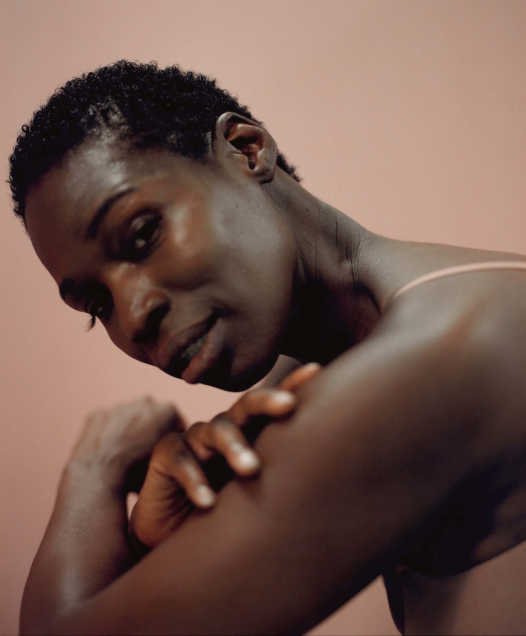Common lifestyle factors that affect your cycle
Your cycle has a pattern to it and sometimes so do your symptoms — there’s a connection that’s worth noting. Here are a few things that can impact your menstrual cycle and how to keep them in check.
Have you ever skipped a period? Felt tender or sensitive at a different time than usual? It’s an Actual Thing that there are factors that affect your menstrual cycle or cycle symptoms. The usual suspects are stress, diet, overexercising or over-exerting your body based on how much you feel like eating during the phases of your cycle.
Stress
Think about a time you’ve felt stressed. Do you remember how your body reacted? Can you remember any changes to your cycle? You might have heard – or experienced – people skipping a period because of stress..
Why?
TLDR: stress can affect hormones you need to ovulate, especially if this stress occurs during your follicular phase because it then has a domino effect on the rest of your cycle. When we get stressed, our hypothalamic-pituitary-adrenal (HPA) axis, a hormonal pathway, is activated. This causes the release of cortisol and corticotropin-releasing hormone (CRH). These all help regulate our stress levels. But the release of cortisol and CRH may suppress typical levels of reproductive hormones, too.
(BTW, stress is a totally normal part of life, so much so, your body and reproductive system are well-suited to respond to day-to-day instances; it’s the longer-term, chronic stress that we all should try to keep in check).
What can we do to help?
No, we’re not just going to say: “Stop getting stressed.” (if only it were that easy), but if there are specific stress factors that are impacting you both physiologically and psychologically, try to find a way of either eliminating them altogether, or lessening the stress. Breathing exercises, talk therapy, movement and meditation are all great ways to relieve stress. Oh, and swapping that morning brew for something less caffeinated can also help.
Nutrition + Diet/Lifestyle
PSA: being healthy doesn’t mean eating less. That whole ‘balanced diet’ thing wasn’t just a marketing campaign. Not getting enough calories and dietary fat can affect your cycle and ovulation, either making the time between periods longer, or causing your body to skip — and even stop — periods altogether. Your body will recognize if it doesn’t feel strong or capable enough of sustaining a potential pregnancy.
What can we do to help?
Learning to adjust your eating with a knowledge of your cycle and the phase you’re in can support your body’s hormone fluctuations. This is less about counting calories and more about ensuring your body is enriched with the necessary fuel and nutrients that your body needs, to support cycle-related symptoms like breast pain and tiredness.
Exercise
Why?
Exercise is great. But are you getting the right amount of calories for the amount of exercise you’re doing? It can cause your cycle to halt completely (this happens to a lot of athletes). This has a domino effect – you could be prone to stress fractures in your bones, as estrogen is really important for bone health.
What can we do to help?
Don’t overdo it on the exercise – remember that there are silent signals (like long or absent menstrual cycles) that won’t automatically alert you to change your exercise schedule. Make sure you’re eating enough calories pre and post exercise – particularly calories from carbs and fats. It’s all about balance. If you’re heading to the spin studio first thing, grab a bite straight after. HIIT workout at midday? Sure, just don’t skip lunch.
Your hormones can be complex and unpredictable. That’s why we’re here, on The Regular, to do what’s long overdue - to demystify what’s going on with our reproductive systems, our hormones and our whole cycle.
We’re here to support your day-to-day queries serving useful content that is uncomplicated and unbiased. No topic is too complicated or too specific for us to address/focus on.


